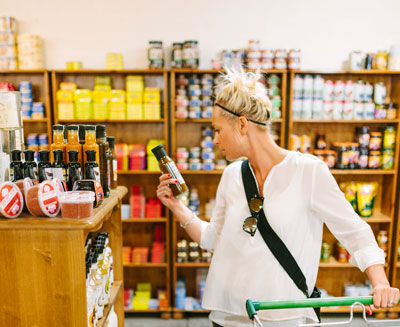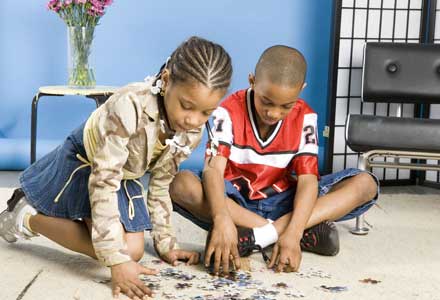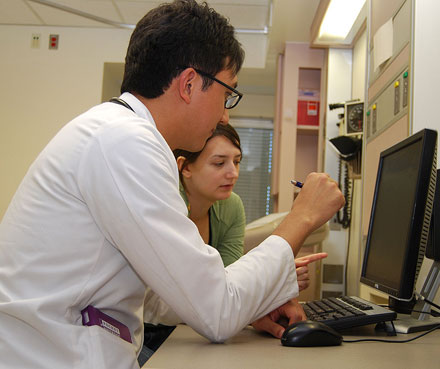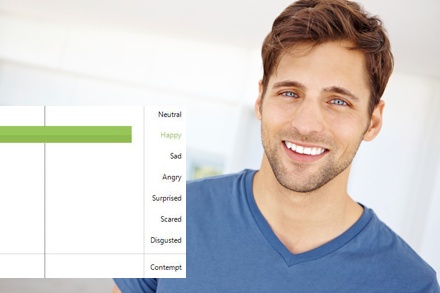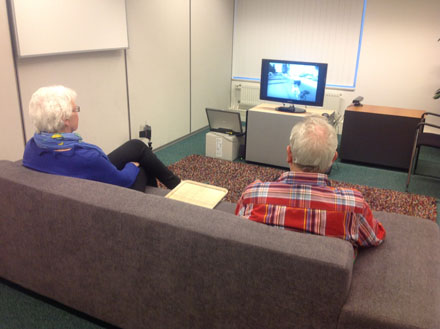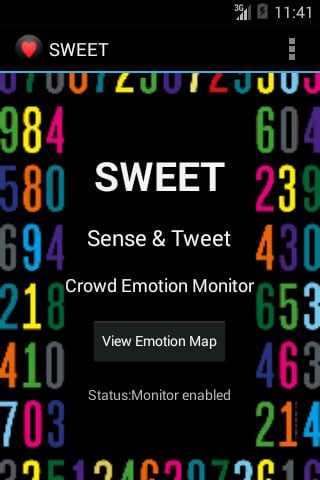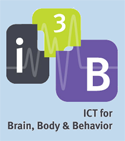The World Diabetes Day 2015 campaign was officially launched during the World Health Assembly in Geneva last May. World Diabetes Day 2015, 14 November, focuses on healthy eating.
The International Diabetes Federation (IDF) will release the Diabetes Atlas Seventh Edition on Thursday 12 November. Find out more about diabetes in 2015 at www.diabetesatlas.org.
Read More
Topics:
Diabetes,
healthcare,
Eating behavior
Many professions, such as counselors, medical staff, and others, require you to have developed the necessary practical skills prior to starting the actual job. In educational or clinical psychology, for example, it is important to be able to observe interactions in a systematic way in order to be able to assess behavior. These skills are defined as core competencies for practitioner’s psychologist training.
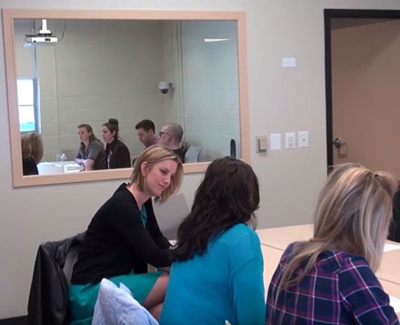
Delaware Valley University - Counseling Psychology Master’s Program
Read More
Topics:
video observation,
medical encounter,
Observation lab,
Viso,
video feedback,
video recording,
counseling psychology
When children lack information, they make up stories by adding up their own guesses. Their imagination can run wild: all elephants are pink, right? This kind of reasoning is undesirable when trying to explain a rare disorder of a sister or brother. Guesswork may result in incorrect illness explanations and might cause related miscommunication or behavioral problems. When we learn more about how siblings describe illnesses, we might be able to appropriately assist family counselors and parents.
Read More
Topics:
The Observer XT,
video observation,
parent-child interaction,
developmental psychology,
conversation analysis
By using video and audio recordings in education, students and educators can receive, and benefit from, direct feedback.
Students
Students are raised with TV and internet and are accustomed to interacting with images and videos. They are used to receiving information by watching short movie clips. On a daily basis, students find themselves browsing YouTube for information (and for fun, of course). In training and simulation situations including, for example, a simulated nurse-patient interaction, students can learn a lot. Recent research [1] tells us that it is important to first deal with emotions in a medical encounter before trying to convey an important message, such as a treatment plan.
Read More
Topics:
video observation,
simulation,
Viso,
audio recording,
video feedback,
video recording
When analyzing movement in sports, there is more that matters than the way players handle their rackets or hockey sticks. Observation of the way players move and their response time, overall fitness, body strength, and, of course, the overall team performance all help create a more complete picture. Sports scientists look into effective interplay of team members and actions including on-the-ball behaviors. In team sports, complex tactics and routines can be revealed by detailed behavior analysis.
Read More
Topics:
The Observer XT,
sport
“Smokers Wanted.” That’s exactly the statement I read in the Pitt News, the daily student newspaper of the University of Pittsburgh. U Pitt’s Alcohol and Smoking Research Lab was looking for study participants, and at this specific laboratory, “Smokers Wanted” is not an unusual request. Some time ago the lab recruited around 700 (!) participants for a drinking behavior study.
Read More
Topics:
The Observer XT,
video observation,
Observation lab
Broadening horizons. That is what the students (age 14-17) of School at Sea do, literally. Starting in The Netherlands, they sail to the Caribbean and back in six months. During this voyage, they learn to develop their talents and leadership skills. How do they perceive this journey? One of the students (Hannah @ Sea) has chosen to share her 'emotional journey' with us.
Read More
Topics:
emotion recognition,
FaceReader,
facial expression analysis,
emotions
It shouldn’t, but it does.
Although men and women are equally at risk for sudden cardiac arrest, studies have found that women are less likely to be resuscitated – by both bystanders and medically-trained personnel. Chelsea Kramer and her colleagues discovered that in the experiment they set up, when faced with either a male or female patient simulator, both men and women rescuers appeared reluctant to remove a female patient simulator’s clothing, with men being significantly more hesitant to do so. However, the hand placement for CPR on the female was more ideal compared to on the male simulated patient.
Read More
Topics:
The Observer XT,
doctor patient interaction,
medical encounter,
media recorder,
simulation,
healthcare
With the predicted increase of the elderly population worldwide, it has become increasingly important to develop user-friendly products and services to assist elderly people in daily activities and improve their quality of life. Did you know that it is expected that in 2050 an estimated 1.5 billion people will be 65+, representing about 16% of the world’s population?[1]
Read More
Topics:
The Observer XT,
Observation lab,
living labs
Want to know where the action is? Interested in getting real-time feedback about a conference, concert, or event hotspots? At the Measuring Behavior conference in August 2014, a number of meeting participants took part in an exciting experiment in which they received real-time updates on their own smartphones about the “hotness” of several conference events. Did this information lead them to the most interesting lectures, booths, or poster sessions?
Read More
Topics:
emotion recognition,
FaceReader,
TrackLab,
consumer behavior,
emotions




